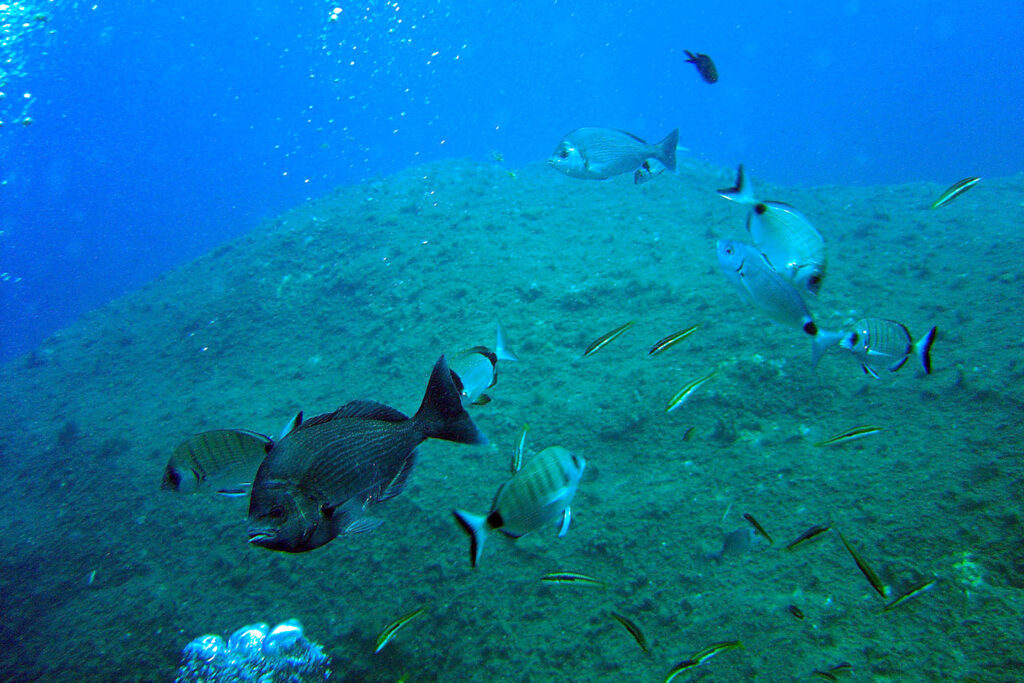THE marine resources constitute a real hidden treasure of the biodiversity. They offer an incredible variety of important molecules pharmacological And cosmetic, as well as unique species adapted to their specific environments. The ocean permeable to man of multiples food resources and leisure, in addition to playing a crucial role in climate regulation and the balance of ecosystems. Yet these treasures remain largely unknown and underexploited, a reality that calls for better preservation and exploration.

Marine resources constitute an invaluable treasure for biodiversity. They encompass a multitude of species and molecules with varied applications ranging from pharmacology to cosmetics. The increasingly urgent protection of these resources aims to preserve marine ecosystems and their formidable biomass. Discover in this article why marine resources are a key element of biodiversity and what secrets they hold.
Table of Contents
ToggleThe Wealth of Marine Biodiversity
Ranging from cetaceans micro-organisms such as bacteria and plankton, including a multitude of diverse and varied fish, the ocean is home to more than 200,000 recorded species and millions still unknown. This rich biodiversity offers humanity an inexhaustible source of knowledge and research, fundamental for sustainable development.
Genetic Resources: A Pharmacological and Cosmetic Treasure
In addition to living species, the ocean is home to approximately 25,000 molecules of pharmacological or cosmetic interest. These molecules, resulting from marine biological processes, are the basis of many innovative medicines and cosmetic products. Marine genetic resources thus represent an inestimable wealth for the development of new treatments and therapies.
Marine Protected Areas: Guardians of Biodiversity
THE marine protected areas play a crucial role in the conservation of biodiversity. Their main objective is to improve the state of ecosystems by reducing their vulnerability. These areas allow marine populations to regenerate and thrive, contributing to the overall well-being of the environment.
Marine Biomass: A Source of Life
Marine biomass, particularly rich in environments such as mudflats, estuaries and foreshores, is home to species specially adapted to these environments. These areas provide crucial habitat for the reproduction and development of many marine species, playing a vital role in the ocean food chain.
Protection of Marine Ecosystems
Protect marine ecosystems becomes more and more urgent in the face of the continued degradation of these environments. Initiatives, such as the establishment of no-trawling zones, aim to stop the destruction of marine habitats and promote their restoration. The preservation of marine ecosystems is therefore essential to maintain biodiversity and the ecological services they provide.
Economic and Food Importance
Marine resources also provide major economic benefits. Fishing, for example, is a source of essential food for a large part of the world’s population, providing fish, shellfish and other seafood. Additionally, marine ecosystems play a key role in tourism and recreation, contributing to the overall economy.
A Still Little-Known Treasure
Finally, it is important to note that the marine biodiversity remains largely unknown. Many species and ecological interactions are yet to be discovered, and their potential for science and humanity is only beginning to be revealed. Marine research therefore continues to be an area of great importance for the future.









